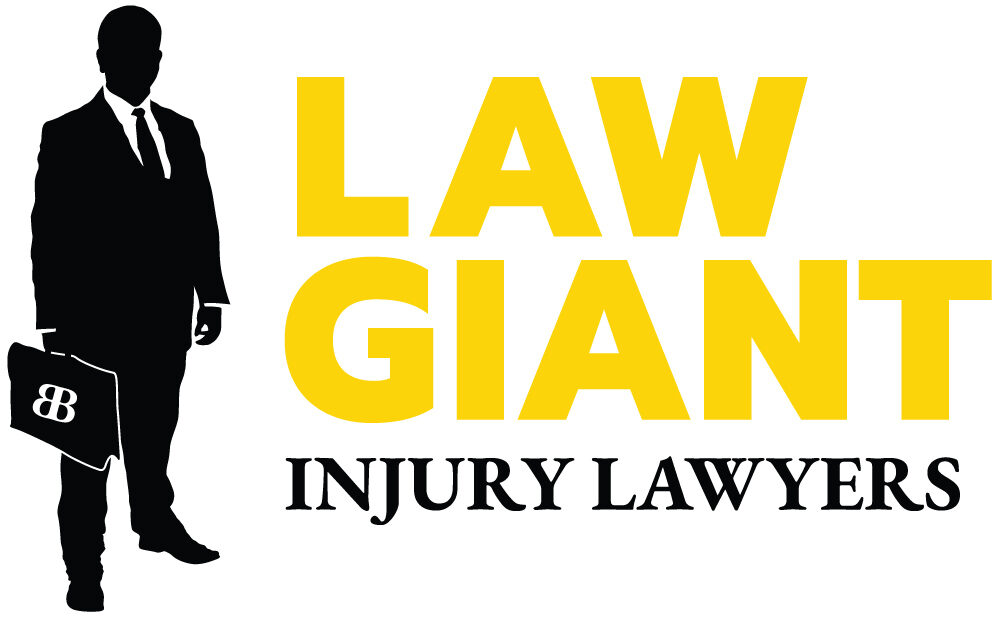
Reefer or refrigerated trailers are critical in transporting perishable goods across New Mexico. While these trailers are essential for keeping food and other temperature-sensitive items fresh, they also bring unique challenges in the event of a truck accident.
If you’ve been involved in an accident with a reefer truck, understanding how these trailers affect liability and damages is essential.
Reefer Trailers vs. Dry Van Trailers
Before diving into how reefer trailers impact truck accident claims, it’s important to understand the difference between reefer trailers and dry van trailers.
Reefer Trailers
Reefer trailers are refrigerated trailers equipped with temperature control systems and insulated walls. They are designed to keep perishable goods, such as food, medicine, and flowers, at a constant temperature during transport. These trailers require:
- Refrigeration Units: To maintain cold or frozen conditions.
- Special Maintenance: Ensuring the temperature control system functions properly and does not impact cargo safety.
Dry Van Trailers
Dry van trailers, by contrast, are standard, non-refrigerated trailers used to transport non-perishable goods. They lack insulation and temperature control, making them ideal for items like furniture, electronics, and packaged goods that do not require climate control.
The key difference lies in the cargo they carry and the structural features of the trailer. Reefer trailers are heavier, more complex, and more expensive to operate, all of which can contribute to unique risks and challenges in the event of a truck accident.
Reefer Trailers and Accident Risks
Reefer trailers differ from standard trailers due to their refrigeration units and insulated walls. These features, while necessary for preserving cargo, can increase the risk of accidents in several ways:
Increased Weight
Reefer trailers are typically heavier than standard trailers, especially when carrying a full load. This added weight can increase stopping distances and make collisions more severe.
Maintenance Demands
Proper maintenance is critical for reefer trailers for the refrigeration unit and the entire vehicle. Faulty brakes, uneven weight distribution, or worn tires can lead to accidents.
Driver Fatigue
Reefer drivers often work long hours, especially with time-sensitive deliveries. Fatigue can impair reaction times, leading to accidents.
Temperature-Controlled Cargo Hazards
Shifting or improperly secured cargo within a reefer trailer can affect the truck’s stability, increasing the risk of rollovers or jackknifing incidents.
How Reefer Trailers Impact Truck Accident Claims
The unique aspects of reefer trailers can introduce complexities into personal injury claims. Here’s how:
Determining Fault
Establishing liability in a reefer truck accident requires examining multiple factors:
- Was the trailer properly maintained?
- Was the driver following hours-of-service regulations?
- Did shifting cargo contribute to the crash?
An experienced truck accident attorney can investigate these questions and identify all liable parties, including the driver, trucking company, or cargo loaders.
Complex Insurance Policies
Insurance policies often cover Reefer trucks, including those for the truck, trailer, and cargo. Navigating these policies can be daunting without legal expertise.
Evidence Collection
Reefer truck accidents require specialized evidence, such as:
- Maintenance records for the truck and refrigeration unit.
- Driver logs and delivery schedules.
- Cargo weight and loading documentation.
Collecting and analyzing this evidence is crucial for building a strong case.
Increased Damages
The severity of reefer truck accidents often leads to significant medical expenses, lost wages, and pain and suffering. Additionally, if the cargo caused environmental hazards (e.g., spoiled goods leaking onto the road), cleanup costs could add to the damages.
Steps to Take After a Reefer Truck Accident
If you’ve been injured in an accident involving a reefer trailer, taking the right steps can make all the difference in your claim:
- Seek Medical Attention
Your health is the priority. Get medical treatment immediately and document your injuries. - Document the Scene
Take photos of the accident, including the truck, trailer, and road conditions. If possible, note any visible damage to the reefer unit or shifting cargo. - Gather Witness Information
Obtain contact details from anyone who witnessed the accident. Their statements can support your case. - Consult a Truck Accident Lawyer
An experienced New Mexico truck accident lawyer can investigate the accident, identify liable parties, and handle the complex claims process on your behalf.
Why Choose the Law Giant for Your Truck Accident Claim?
Truck accidents involving reefer trailers demand specialized knowledge and experience. At The Law Giant Injury Lawyers, we understand the unique challenges these cases present. With over a billion dollars recovered for clients, our New Mexico attorneys are ready to fight for the compensation you deserve.
Call us at (505) 900-0000 or request a free consultation online to discuss your case. Let us help you navigate the road to recovery after a reefer trailer accident.

